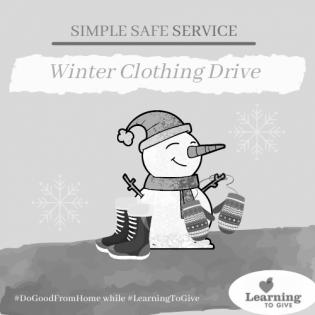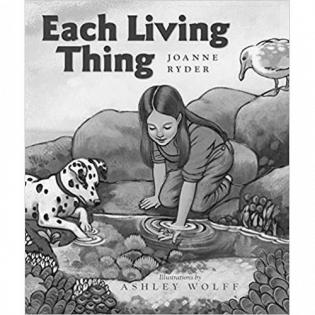Students will learn the fundamental principles of parliamentary procedure and use the procedure to create a plan for a service project in the community.
Filter by subjects:
Filter by grades:
Filter by audience:
Filter by issue area:
Filter by content type:
Filter by resource type:
resource search
Through persuasive writing, young people build awareness and invite action for change about an issue. Typical writing forms may include essays, editorials, feature articles, or speeches.
In response to Martin Luther King, Jr.'s challenge, we explore what it means to be the best with the talents you have. The learners practice listening and responding with respect. Everyone has something to give, and this lesson helps us respect and celebrate the contributions we all can make to...
Carole Lindstrom’s book “We are Water Protectors” conveys a powerful message about the interconnectedness of all living things.
A Simple Safe Service project from home: Winter weather can make being outdoors uncomfortable and even dangerous, so having the right clothing can boost our mental and physical health and even save lives. Not everyone has warm socks, jackets that fit, waterproof boots, and thick mittens. Find out if there is a need in your community and use your voice to collect and donate winter clothing.
In today’s world, it’s often easy to be so busy rushing about that we forget to pause and appreciate all the living things around us. Spiders and bugs can seem like pests. Bears and raccoons can seem like nothing more than a nuisance.
We learn about Elizabeth Cady Stanton and her leadership of the woman's suffrage movement. At the time it was hard for some people to see that women deserved equality or that change was possible, but her persistence and organization techniques helped raise awareness and involvement....
This lesson gives an overview of the nineteenth century Industrial Revolution, and the major changes to how people live and work. Young people learn about the key inventions and changes that shifted focus from people and their skills to big machines and systems of mass production. The systems...
"Food for Thought” is a service-learning unit for the entire seventh grade that engages students in thinking about how food is grown and harvested, the challenges of meeting the basic need of food, the issue of “food insecurity” in the world, and the power of advocacy.


